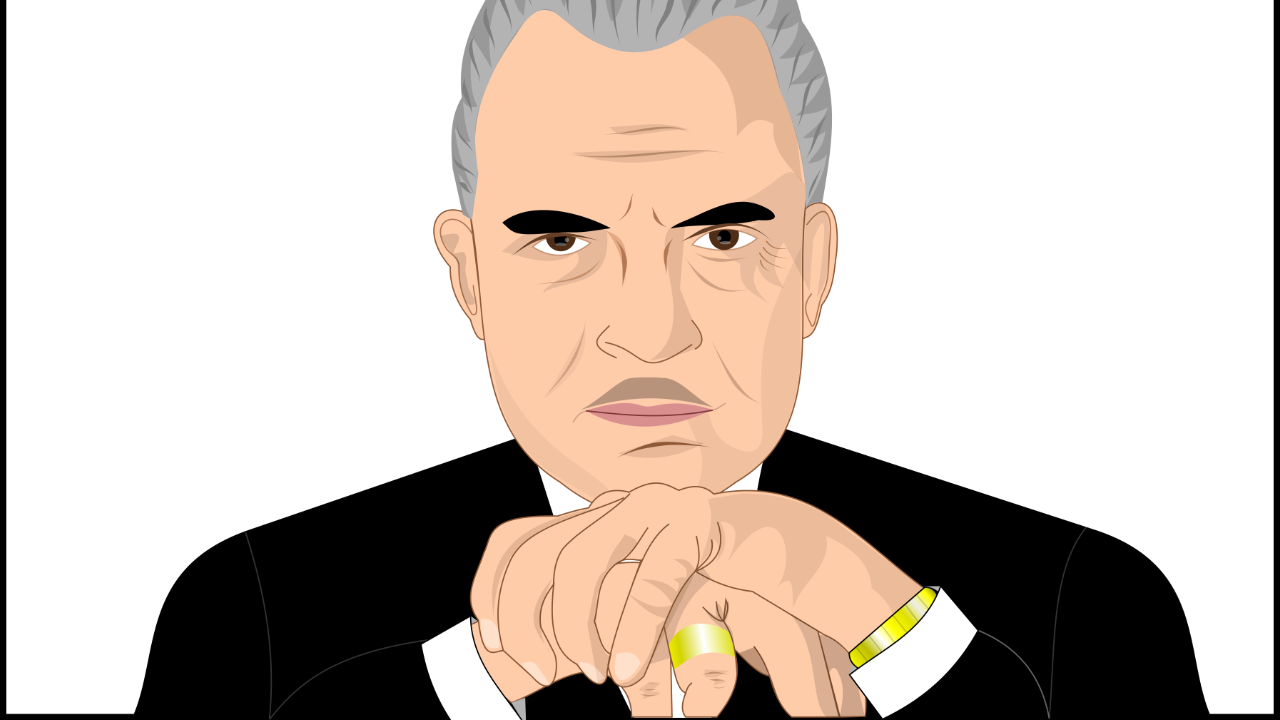
In the vast landscape of human communication, the power of language emerges as an incredibly transformative tool. It is a bridge that connects us to others and a mirror reflecting our innermost thoughts and feelings. When used with purpose and insight, language can act as a potent catalyst for change, growth, and healing. This is most evident in the therapeutic context, where skilled clinicians apply the intricacies of language to create lasting, positive change. In this blog series, we explore and celebrate this transformative power – delving into the language patterns of some of the most influential therapists in history.
This series aims to unveil the unique language patterns that these therapeutic masters have used to effect change, provoke thought, and facilitate healing. From the hypnotic linguistic dances of Milton Erickson to the empathic and client-centered approach of Carl Rogers, from the rational disputation of Albert Ellis to the present-moment awareness emphasized by Fritz Perls, we will explore the individual styles that have made these therapists stand out in their respective fields. Each blog post will go deeper into their unique language patterns, allowing us to gain a deeper understanding of their therapeutic models and the mechanisms behind their success. Check out these six blog posts, each covering ten language patterns of a master of psychotherapy.
Mastering Perls: Powerful Language Techniques in Therapy
Satir's Legacy: Transformative Language in Therapy
Mastering Rational Dialogue: Albert Ellis's Strategies
Beck's Cognitive Blueprint: Language that Unveils Minds
Mastering Milton: Erickson's Hypnotic Language Patterns
Understanding and applying these language patterns extend beyond the confines of a therapy room. Therapists and counselors can refine and diversify their therapeutic approach, enabling them to meet their clients' needs more effectively. Coaches, educators, and leaders can enhance their communication skills, creating deeper connections and more impactful guidance. Even for the lay reader, these insights offer powerful tools for self-reflection, self-understanding, and personal growth.
Despite their diverse perspectives on human behavior, cognition, and emotion, these therapists all share a common understanding: language matters. The words we use to describe our experiences, feelings, and thoughts significantly influence how we understand and navigate our world. By studying the language patterns of these therapeutic masters, we can enrich our communication and understanding of ourselves and others.
Each blog post in this series will focus on a different therapist, exploring their background, therapeutic approach, and specific language patterns. We'll provide examples and therapeutic scenarios to help you understand and apply these techniques in your life or professional practice.
In understanding the language patterns of these therapeutic masters, we're not just learning tools and techniques; we're uncovering a piece of the history and evolution of therapy itself. Each pattern reflects the values, philosophy, and understanding of human nature that guided these therapists' work. We're connecting with a lineage of wisdom and knowledge while simultaneously gaining tools and insights to forge our own path.
So, whether you're a therapist seeking to expand your skill set, a leader looking to communicate more effectively, or simply a curious reader eager to delve into the fascinating world of therapeutic language, we invite you to embark on this journey with us. Let's explore the power of words through the lens of these therapeutic masters, and discover the transformative potential that language holds. Welcome to a journey through the therapeutic landscapes of language. Welcome to a deeper understanding of the power that lies in the words we choose. Let us explore together the art and science of therapeutic language patterns and unleash the power of words to heal, transform, and connect. Welcome to the world of Language Patterns of Therapeutic Masters.
